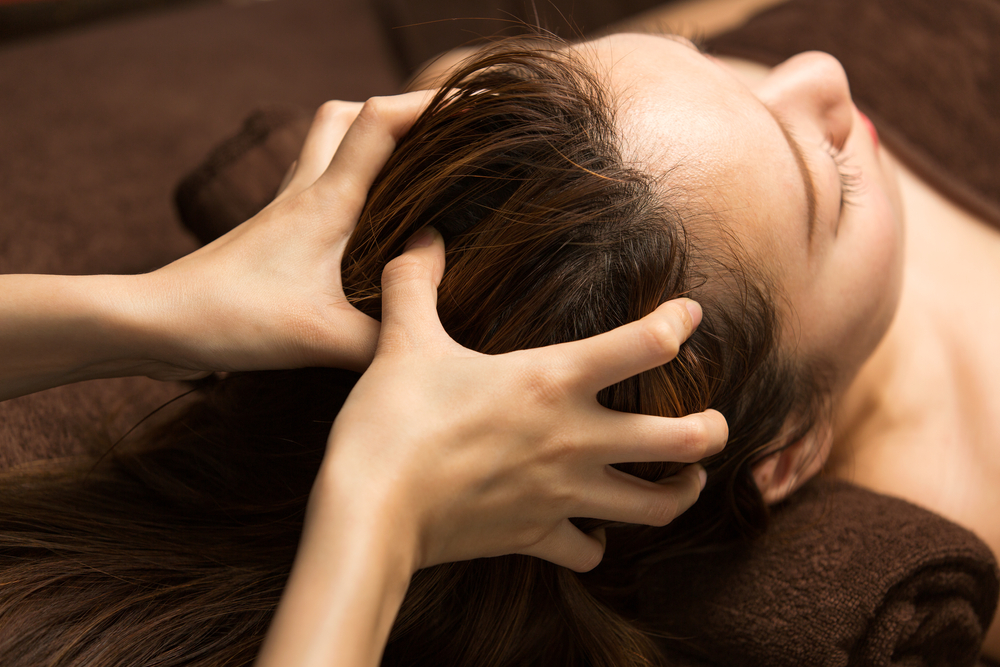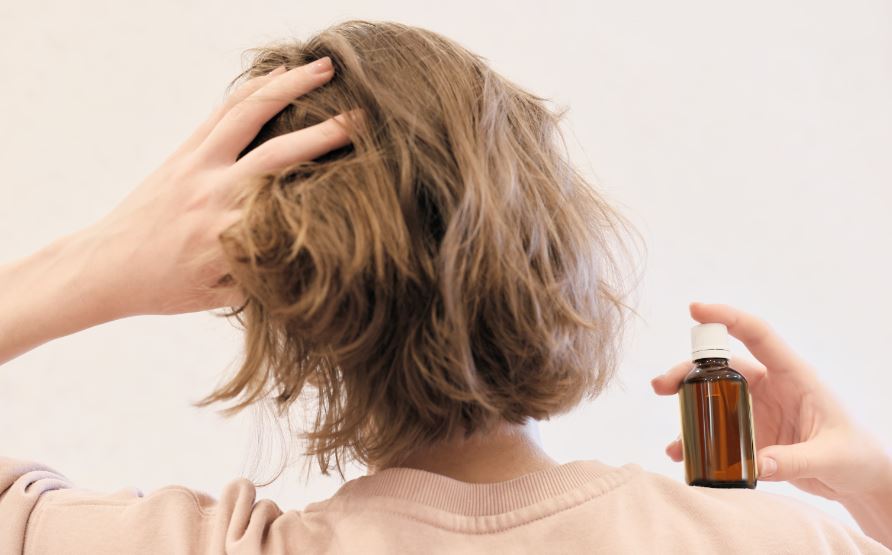Does Hair Oil Expire? What You Need to Know About Shelf Life
For beauticians and beauty enthusiasts, understanding the intricacies of hair care products, including oils, is crucial. One of the most common questions in the beauty industry and from clients is: Does hair oil expire? The answer is yes, like all other cosmetic products, hair oil does come with a certain shelf life. Lets explore this topic further, unraveling essential facts, tips, and reasons why maintaining your hair care products properly is pivotal for great results and client satisfaction.

Understanding Hair Oil Expiry: Why It Happens
Hair oils, whether they are natural or synthetic, can degrade over time due to exposure to air, light, and temperature variations. This degradation process typically occurs because oils oxidize or go rancid. Oxidation happens when oil reacts with oxygen, leading to changes in its smell, color, and effectiveness.
If you're wondering does hair oil expire, the answer lies in its composition. Hair oils rich in vitamins, essential fatty acids, and other beneficial nutrients are prone to breaking down faster. For example, oils like coconut oil, argan oil, and olive oil might have a pretty stable shelf life, but they still need proper storage to maintain quality.
Common Signs of Expired Hair Oil
- Strong or unpleasant smell: When your hair oil develops a sour, musty, or otherwise overpowering odor, its an immediate red flag.
- Change in texture: If the hair oil feels sticky, lumpy, or has separated into layers, its time to bid it farewell.
- Unusual color: Natural oils typically possess a specific tint depending on the source. A drastic change to a darker or murkier color can indicate spoilage.
- Irritation or allergic reactions: Using expired oils can lead to scalp irritations like redness, itching, or even clogged follicles.
Factors That Impact Hair Oil Shelf Life
Several factors influence whether or not your hair oil can stay effective over time. A beautician's ability to guide clients on these practices enhances credibility and builds trust. Here are some key factors:
1. Ingredients
The composition of the oil, including carrier oils and added chemicals, plays an important role. Natural oils are typically less shelf-stable compared to those with preservatives, but they are healthier for the scalp and hair.
You can explore related guidance, such as how to store coconut oil, to learn more about preserving natural oils effectively.
2. Packaging
Transparent containers allow light to penetrate, speeding up oxidation. That's why high-quality hair oils are often stored in dark or opaque bottles to prevent spoilage from exposure to UV rays.
3. Storage Conditions
Heat and humidity are enemies of all hair care products. Detailed storage guidance can be found in our associated tips.
4. Usage Practices
Constantly opening the bottle and exposing it to air introduces bacteria and reduces the lifespan of a product. For additional tips on maintaining cleanliness and care, read how to get hair oil out of clothes effectively.
How Long Does Hair Oil Last?
Most hair oils, when stored correctly, can last anywhere from 1 to 2 years. However, specific products have distinct lifespans, depending on their types. Many manufacturers include expiration or best by dates on their products, so it's essential to check these details every time you purchase.
Unsure of how to use certain oils to maximize results over their entire shelf life? Visit the 7 types of hair oils to explore deeper insights.
Tips for Extending Hair Oil Shelf Life
As a beautician, teaching these practical tips to clients will help them get the most out of their products:
1. Store in Cool, Dark Places
Always keep bottles away from direct sunlight and heat sources to slow down the oxidation process.
2. Use a Dropper
Instead of pouring directly from the bottle, use a dropper or pump to avoid introducing contaminants.
3. Look for Antioxidant Additions
Some hair oils are fortified with Vitamin E, which acts as an antioxidant, helping to preserve both the oil itself and your hair's protection barrier. Consider also teaching clients about olive oil for hair health.
Risks of Using Expired Hair Oil
Using expired hair oil doesn't just fail to deliver benefits; it could actively harm your hair or scalp. Potential risks include clogging pores, causing dandruff, or exacerbating any existing scalp sensitivities. Being transparent with your clients about these dangers enhances both your professionalism and their safety.

FAQs
1. Does opened hair oil expire faster?
Yes, once the bottle is opened, exposure to air and bacteria can speed up the degradation process. Always seal your bottles tightly after use.
2. Can expired hair oil be repurposed?
While not ideal for hair, some expired oils may still work for lubricating tools or as DIY home remedies for wood or leather care. However, always proceed with caution.
3. Do natural oils last longer than commercial ones?
Not necessarily. Many commercial oils include stabilizers that make them outlast raw natural oils, but natural products are often free from harmful additives, offering a healthier choice when fresh.
For more safer and healthy haircare solutions, read best oils for hair.
With these tips, you can confidently educate your clients, ensuring their hair oils remain effective and beneficial for as long as possible.
This article contains affiliate links. We may earn a commission at no extra cost to you.
